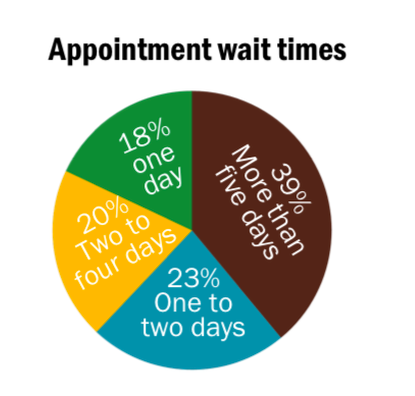Welcome to our new section, Thrive on Campus, devoted to covering the urgent issue of mental health among college and university students from all angles. If you are a college student, we invite you to apply to be an Editor-at-Large, or to simply contribute (please tag your pieces ThriveOnCampus.) We welcome faculty, clinicians and graduates to contribute as well. Read more here.
College is so different from high school. You have to actually study, go buy your own groceries, and keep up with your own laundry. On a more serious note, the change can be a lot more than you expected.
The adjustment can be tough and many students struggle with this change. When you are no longer living with your parents and may have moved away from most of your friends, it’s hard to find someone to talk to. Even if you do have friends around you, everyone’s schedules are wacky and it’s hard to find time to spend time with these people. When you see people around you seeming to love their life and love their college experience, it is hard to admit you are not loving life and you are not having a good time in college. Isn’t college supposed to be the best time of your life?
The mental health stigma holds people back from talking about what is going on in their life. We are all supposed to be big and strong and can deal with our problems ourselves, but that’s not reality. Providing counselors on campus allows students that safe space. Somewhere they will feel comfortable admitting they’re not okay and they need help. This at least allows the student the comfort of knowing they have someone they can talk to and get help from before problems can escalade.
I’ve used the counseling center on and off since I was a freshman. At one point, I began to seek counseling and therapy outside of the counseling center on campus because of two reasons; the long wait time to get an appointment and the limitations on how many times you can visit the counseling center. The longest I have had to wait is a little over a month, 5 weeks to be exact. I wanted to go to the counseling center because it is offered free to students and it is right there on campus. Finding out and knowing I would have to wait 5 weeks tore me down even more than I already was. This is a time with I was most desperate to talk to someone and get help because I knew I was not okay. Most of the time, you don’t go to a counseling center when you’re having a small problem, you go when you feel like that is your last option. You go when you don’t know what to do anymore.
Walking in and basically crying for help when you are in your most vulnerable state only to be told you can’t be seen for 5 weeks hurts. It made me feel like my problems weren’t important and I wasn’t struggling enough to be seen. It made me question if I was overreacting and just needing to get over it all. The only way you will be seen quickly is if you are a danger to yourself or someone else. The University needs to act and help students far before they get to that point. Maybe one of those students visited a week ago desperate for help, but they were told they had to wait 3+ weeks. That isn’t acceptable. Having a center where you can go get free help on campus is a blessing, but when you’re on a campus size such as UT’s, I firmly believe you should be well equipped to handle the large population. If that means hiring more counselors then I don’t see what’s stopping them; or even go as far as partnering with counselors outside of UT to help with this need if that is what is necessary. I don’t see why the counseling center has not taken steps to address this or give an explanation to the students as to why they have to wait so long.

Some problems may be small and some problems may be big. You may be able to talk through some in one appointment where as others may be more complex and need more time. If you are struggling with a disorder, a few examples being: depression, anxiety, or ADHD, this could be an ongoing problem that doesn’t easily go away. So, who is to judge how long you get with a counselor when they don’t even know you and what is going on in your life? Limiting the students in the counseling center to 12 sessions an academic year (6 sessions a semester) is crazy. To spread these sessions throughout the semester you would have to go every 3 weeks. Again, that is insane. Every other counselor I have ever been to, outside of UT, scheduled appointments weekly or every other week at the most and this was due to conflicting schedules. Putting a limitation on counseling sessions can put a limitation on your ability to get better. It can be hard to get mentally healthy when you feel like you only have a certain amount of time before you reach your deadline.
I have been here 4 years and have never noticed an improvement in the counseling center or received an explanation as to why it takes so long. Throughout all of this, I have been blessed with parents who are able to pay for me to be seen elsewhere. It got to the point where I needed to see someone weekly and have comfort in knowing I could see them for an extended period of time. I could no longer hope to get an appointment with the counseling center quickly and I knew I couldn’t be seen weekly. The resources are endless outside of UT, but many students support themselves and cannot afford to go somewhere else.
Not keeping up with the demand within the counseling center and limiting students to so few appointments confirms that the University is not aware of the mental health problem on their campus. Shouldn’t students be their first priority? This problem needs to be addressed and it needs to be addressed now.
Originally published at oliviagreeleyblog.wixsite.com
Subscribe here for all the latest news on how you can keep Thriving.
More on Mental Health on Campus:
What Campus Mental Health Centers Are Doing to Keep Up With Student Need
If You’re a Student Who’s Struggling With Mental Health, These 7 Tips Will Help
The Hidden Stress of RAs in the Student Mental Health Crisis

